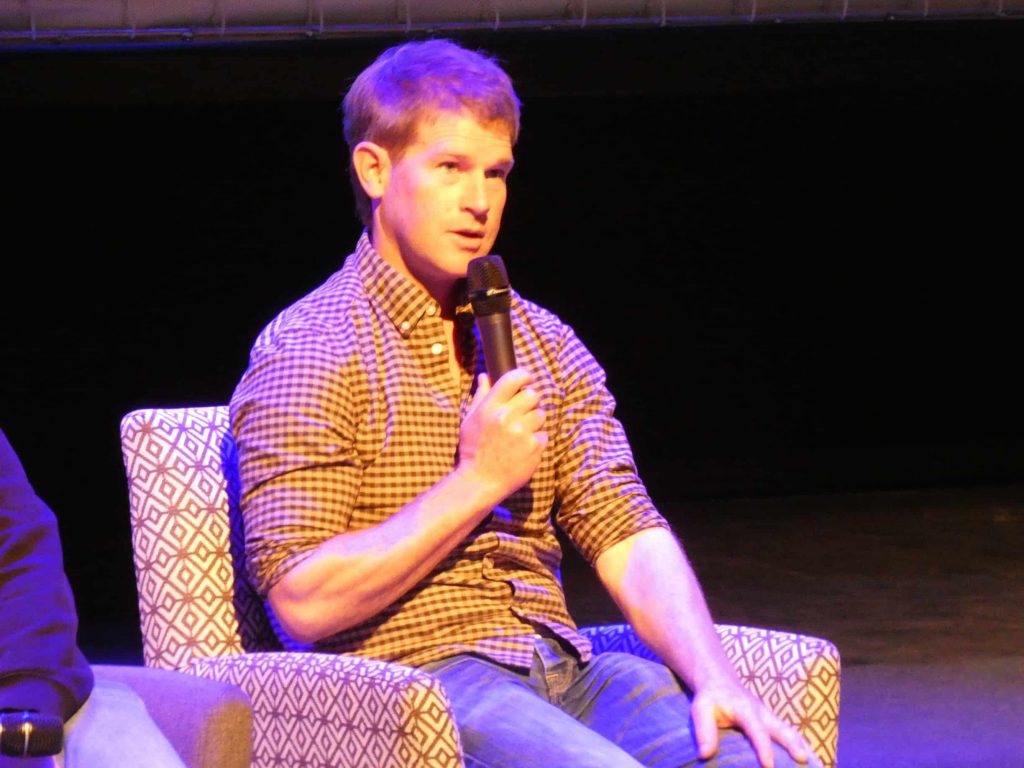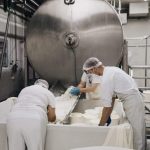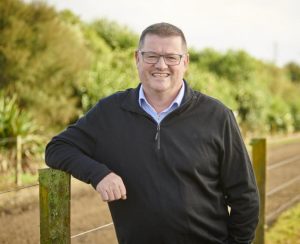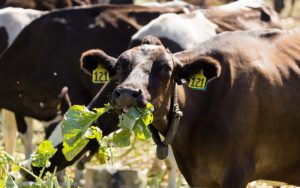
A trio of dairy farmers are holding their nerves during an uncertain phase of rising farm inflation and wavering payouts.
Ashburton equity partner Will Grayling, Leeston and Hinds sharemilker Kerry Burt and Southland owner Richard Peirce are not losing sleep, as they trust their systems.
The trio opened up about their strategies for remaining profitable in a high inflation environment at a session during last month’s DairyNZ Farmers Forum in Ashburton.
External engagement leader Tony Finch said farmers were experiencing double-digit farm inflation with rising prices for feed, fuel and fertiliser and some items doubling, including interest rates.
Only Southland managed to maintain milk production nationally and that had affected revenue.
“All of these aspects are really putting a squeeze on margins.”
Mr Finch said the milk price had risen but some farmers were facing a financial loss and it was critical the profit margin was maintained so profits were reinvested for future years.
Farm inflation was at about 15% to 16%, a level last seen in the 1980s.
He said farmers had seen creeping costs before and reduced them by about $1/kg a year to 18 months after the payout went to $3.90/kg in 2015-16.
Mr Grayling said dairying was tight, but he took the attitude that he just had to make it work.
“We were very aware over the last couple of years that things had been going well in terms of the milk price so we weren’t blinded by that or thought it would last for ever, so we’ve always been watching that. We are positive because we are committed long term.”
He said rising interest rates were in the back of his mind, but there was little point worrying.
“There’s nothing I can do about interest rates, except turn around and run a really competitive business. So I guess I’m looking at costs and grass harvested.”
To reduce costs they’ve looked at their roster, got quotes for teat sprays and waited for silage to be cheaper before buying now there was more feed around.
They also always tweaked the business and were looking at milking cows a week to 10 days longer if they were in good condition, as the price of baleage and winter feed was similar. If this worked, they would do the same next year, he said.
1
Leeston and Hinds sharemilker Kerry Burt.
He said cow collars were being put on the herd, but only after they weighed up their value based on a $5/kg payout scenario.
After building stock numbers while working as a farm manager for the Spectrum Group Mr Grayling became an equity partner in 2013 in Singletree Farm, near Ashburton.
Another neighbouring farm had been added to this.
About 2400 cows are milked in one shed and 950 cows in another shed.
Mr Burt said few countries did dairying as well as New Zealand and there was nothing else he would rather be doing.
“I don’t worry too much. My biggest concerns would be getting good staff on to our farms. It’s hard to find reliable people to run our businesses and with the time between the two farms I really rely on good people to achieve the results we need to achieve financially. Some of the constraints we have with compliance is worrying.”
On his fridge are written quotes and notes including “controllables” which reminds him to focus on areas within his control.
He and his wife Aimee milk a total of 1030 cows in two 50:50 sharemilking operations at a farm in Leeston and another farm in Hinds, with the same owners.
The Leeston herd has about 560 cows during peak milking at 500kg of milksolids per cow and 1900kg a hectare. They had 450 cows in their first season at Lowcliff, also milking 500kg per cow, with a $3.20/kg cost structure run for both operations.
“This season was quite hard as we put new centre pivots down the road and re-fenced it so it’s probably not a clear indicator of what we can get our costs down to. Our business values are trying to create a profitable business that I still have time to spend with my children and family.”
Mr Burt said they had learned lessons before after contract milking through a $4.40/kg payout year and then taking a sharemilking job, thinking the market had bottomed out.
2
Southland owner Richard Peirce.
When the payout dropped to $3.90/kg for the 2015-16 season they had to borrow money and go back to contract milking.
He said they kept their bank manager informed and sent the owners monthly budgets and earned their support with this no-surprise policy which they continued today.
Mr Peirce said he had three generations on their farm and was positive they had a sustainable model to get them through highs and lows.
There was no point worrying at night as that would only result in lost sleep and being unable to perform the next day, he said.
They had just bought a 56ha run-off block and put another staff house on the farm, but he was happy with the 8% interest rate as grazing and trucking costs were being reduced and it made a difference in their stock performance.
Mr Peirce ran a shearing run in the 1980s with wife, Debbie, and worked long hours to buy their own sheep and beef farm, converting to dairying when they bought a neighbouring block in 2001.
They now have a 140ha effective dairy, adjoining 60ha run-off, some forestry and the new support block.
The family business, Riverside Farm Trust, runs a high input and high-profit operation, of 380,000kg of milksolids the past three seasons with a Friesian herd of 600 cows at the peak, 460 in spring and 12 in autumn.
Mr Peirce said they had built some scale into the operation, but it was still one farm and one system.
“We just keep asking the question about our system and tweak as the inputs rise in price or the outputs lower. It’s self-contained currently and we’ve bought another block so we’re not reliant on transporting stock or selling through third parties, so we keep a lot of what we produce for ourselves and then we can afford to pay the bills that are necessary.”

























